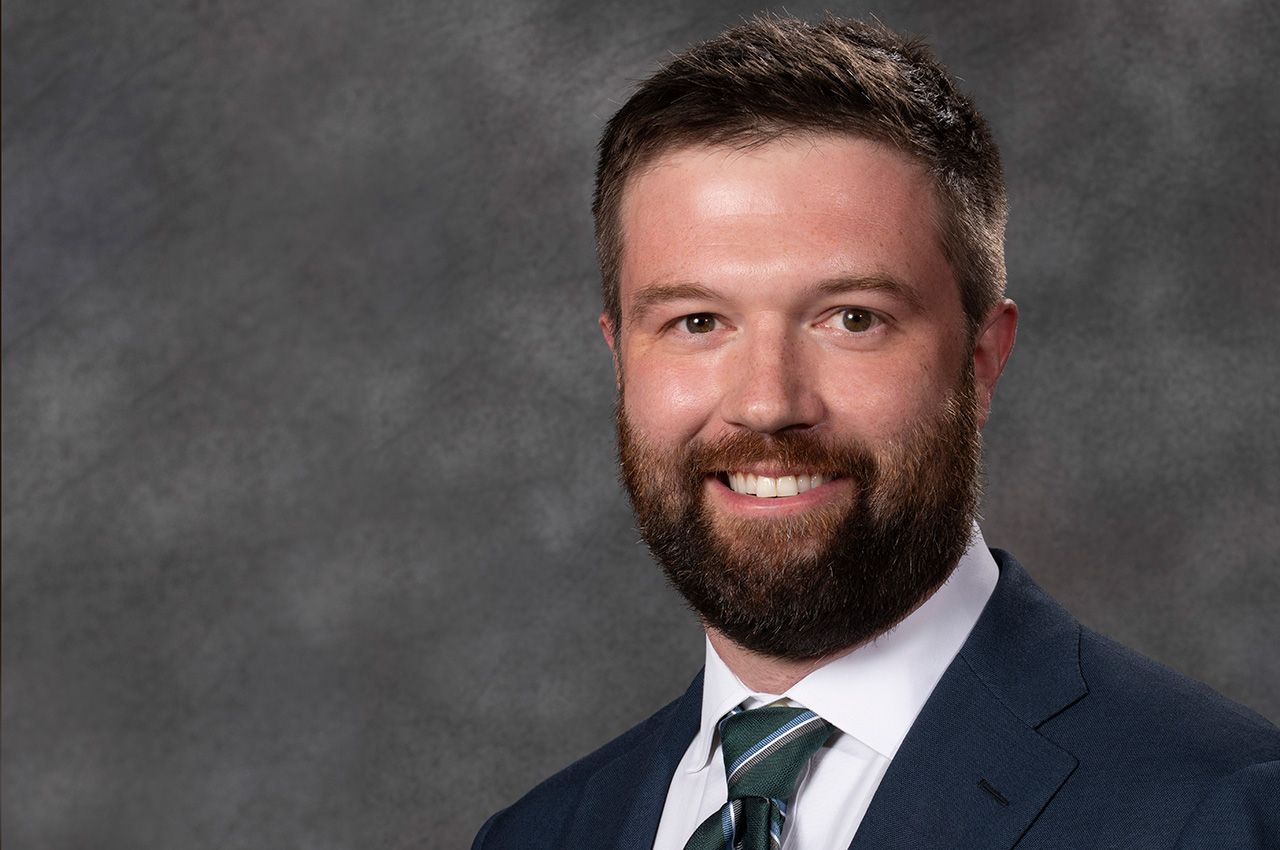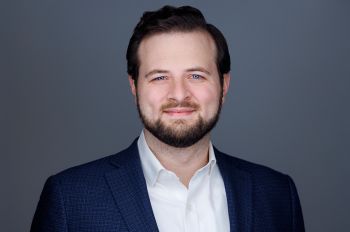Investor Protector: Former SEC Attorney Joining Chicago-Kent Faculty in Fall

Prior to pursuing a career in academia, James Tierney practiced in the Securities and Exchange Commission (SEC)’s Office of the General Counsel, where he helped resolve enforcement actions against financial advisers and determine consequences for bad actors.
“I had a birds-eye view of all the legal issues that arise for ordinary people when financial advisers get into mischief,” Tierney says. “It kept raising research questions for me that I wasn’t able to do anything about while I was there.”
Now, Tierney researches securities law.
“One of the primary goals of securities law is investor protection. It’s to increase people’s confidence that they’re not going to get their money stolen, and they’re not going to get unprofessionally bad advice,” he says.
“My research is largely about how people engage with the stock market and financial advice, in particular,” Tierney adds. “Whenever there’s a lot of money at stake, people want to take it from you, and financial advice and stock markets in general create a lot of traps for the unwary.”
The safer that investing is, the more people will participate in the market. “In a capitalist economy, households get wealthy by putting their savings in capital markets,” Tierney says.
“What else can be done to promote why we have markets in the first place?” he asks. “If you knew that you were going into the den of thieves, you might be more wary when you’re there, and you also might be less likely to visit.”
Tierney says this research can also help us show whose interests the law is promoting.
“In an age of widening inequality. Securities law is sometimes described as ‘Wall Street vs. Main Street,’” he says.
He chose to conduct his research in securities law in the hope that it can help democratize finance, giving ordinary people the ability to meet their financial goals.
“The more securities law leaves people to their own ‘buyers beware’ devices, the more likely it is that people are not going to be able to achieve their goals,” he says.
Some of Tierney’s recent research involves zero-commission stock trading apps such as Robinhood, which promotes that “investing doesn’t have to be that hard.” In recent articles published in Duke Law Journal and Yale Law Review Forum, he looks at how securities law might respond to “gamified” apps that use “behavioral psychology to encourage frequent and often maladaptive trading activity.”
In these articles, Tierney suggests new regulations that the SEC could enforce to protect unaware investors from these tricks. But stock markets have lots of other traps “besides getting you to trade more.” Tierney has his work cut out for him.
“I have several projects in the pipeline. All of this forward-thinking research focuses on how ordinary people engage with stock markets and with financial advice, and what to do about it when people increasingly want a say in how the economy affects their lives,” he says.
Tierney is eager to bring his work with him to Chicago-Kent from the University of Nebraska–Lincoln College of Law, where he has taught since 2020.
“Teaching at a law school is one of the best possible jobs in the world. I can ask some of the same questions that I asked at the SEC, but now I can follow the trails that I find interesting and make the arguments that I think could help improve society overall,” he says.
Tierney earned his A.B. from Brown University in 2006, his M.A. with honors from the University of Chicago in 2007, and his J.D. with honors from the University of Chicago Law School in 2011. Upon graduation, he clerked for Judge Mary M. Schroeder of the U.S. Court of Appeals for the Ninth Circuit. He also practiced at Mayer Brown in Washington, D.C., for three years before joining the S.E.C.



